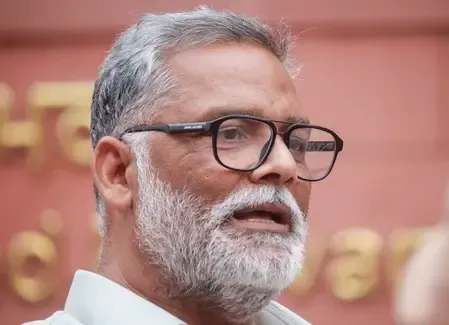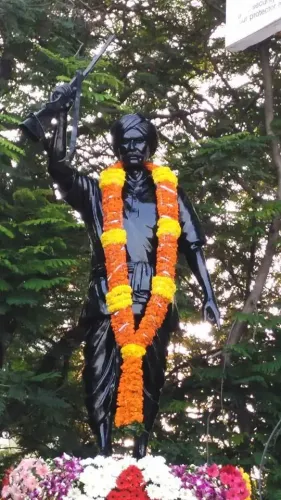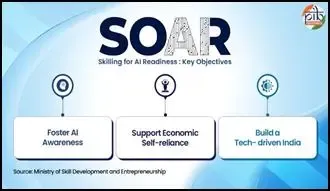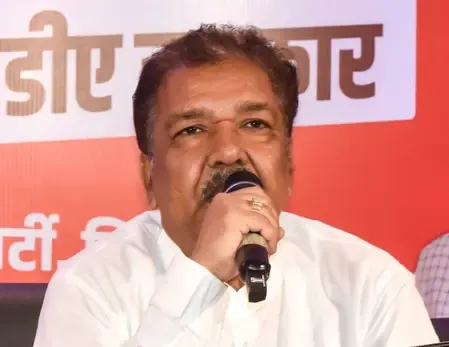How is MP CM Yadav Enhancing Preparations for the Bhavantar Scheme for Soybean Farmers?
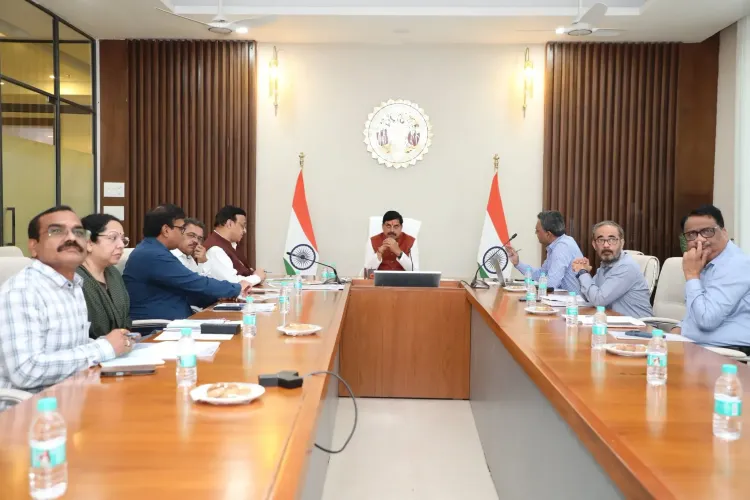
Synopsis
Key Takeaways
- The Bhavantar Scheme aims to support soybean farmers in Madhya Pradesh.
- Direct benefit transfers will simplify payment processes for farmers.
- Enhanced training and resources have been allocated to mandis.
- Farmers have appreciated the scheme, leading to increased registrations.
- The selling period for soybeans is set for late October to mid-January.
Bhopal, Oct 21 (NationPress) The Chief Minister of Madhya Pradesh, Mohan Yadav, convened a pivotal review meeting regarding the Bhavantar Scheme on Tuesday, urging officials to guarantee that farmers encounter no difficulties during any phase of the implementation.
He emphasized that Bhavantar payments should be directly deposited into farmers' bank accounts via direct benefit transfer within the designated time frame, and farmers should receive SMS alerts confirming these transactions.
During the meeting, it was revealed that the soybean selling period is set from October 24, 2025, to January 15, 2026.
All banking activities are being conducted electronically through the E-Uparjan and E-Mandi platforms.
Chief Minister Yadav noted that substantial technical and human resources have been allocated across all mandis and sub-mandis.
Moreover, mandi personnel have undergone training, and CCTV surveillance has been established at entry points and throughout the premises.
Each mandi has also established a help desk for assistance.
"All district Collectors, Commissioners, and the Agriculture Secretary have been directed regarding essential actions related to the Bhavantar Scheme during review meetings," stated the Chief Minister.
He reiterated that the Bhavantar Scheme aims to benefit farmers and has garnered significant acclaim throughout the state.
Yadav mentioned that registrations have surged more than threefold, with 9.36 lakh farmers now participating in the scheme.
The Bhavantar Yojana specifically targets soybean farmers in the state.
Under this scheme, if farmers sell their soybeans below the minimum support price (MSP), the state government will compensate them for their losses.
The government will calculate an average mandi rate and directly transfer the price difference into the farmers' accounts through direct benefit transfer.
Madhya Pradesh, renowned as India's soybean bowl, contributes nearly 60 percent of the nation’s soybean production across 66 lakh hectares.

